Every once in a while I receive messages from people who do really have the desire to go vegan but still don’t know how to proceed best and thus how to make the transition process as smoothly as possible. Some people make it going vegan overnight. However, most of them need a bit more time to go entirely vegan. In both cases, it’s very crucial to be aware that going vegan should not be considered a light issue but a dramatic change of one’s diet habits affecting the entire lifestyle. Some go vegan because of health issues, others because of ethical or environmental reasons. Whatever the reason is, in the beginning everyone is going to need some help to succeed in going vegan. Here are some of the best advices I have ever read about when it comes to go vegan. These 17 tips are definitely worth reading before you go vegan.
“Regardless of why you’re going vegan — whether it’s for health, environmental, ethical, or personal reasons — making the change can be challenging, even if you really want to make it happen. So, BuzzFeed Life spoke with a couple of experts —Ginny Messina, registered dietician, and Ryan Andrews, registered dietician and coach at Precision Nutrition — to get their best tips for making the switch to veganism as smooth and sustainable as possible. This isn’t medical advice though, so be sure to talk to your doctor before making any dietary changes.
1. Probably don’t go vegan overnight. Instead plan to transition gradually.

Messina says recent research indicates that the more gradually people transition to veganism, the more likely they are to stick to it. Of course, if you’re already vegetarian or not eating that many animal products, you’ll probably be able to comfortably make a quicker transition. But if you have a diet fairly heavy in meat, cheese, eggs, dairy, etc. just know that from the day you decide to go vegan, it’s OK (if not optimal!) for it to take weeks or months until you’re fully animal product–free.
2. Make just one big dietary change at a time.

Instead of making a bunch of huge dietary changes all at once, take it step by step and break it up into big changes (which you make every so often) and smaller changes (which you can do more regularly). Messina recommends that people continue veganifying their diets only once they feel comfortable with the changes they’ve already made.
For instance, a big change might be something like cutting out all chicken or all eggs.
3. Alternate big changes with smaller ones.
So, you’ve made a big change. Like, you stopped eating red meat. And it took a few months but you’re finally used to it and omg actually this portobello burger is actually everything. But it was a rough few weeks adjusting, so instead of making another sweeping change to your diet, Messina recommends making just a small tweak, something that won’t feel too oppressive or difficult to adjust to. Once that feels normal and OK, move on to your next big change.
Some smallish changes include:
• Cooking a few meals per week using beans as the protein source. Like making tacos with beans instead of beef, vegan chili, or even veggie burgers.
• Choosing one meal where you’ll experiment with vegan cheese or nondairy milk.
• Topping a salad with with legumes and seeds instead of meat — like chickpeas and sunflower seeds.
• Ordering the vegan or vegetarian option at a restaurant.
• Choosing a meal that makes vegetables the main attraction and meat the side dish. So instead of having an 8-ounce steak and a cup of veggies, try 4 ounces of steak and a cup and a half of veggies, plus a handful of nuts.
4. If a particular change is proving super difficult, put it aside and try something different.

For example, if you’re finding it too tough to give up cheese, stop trying for now and focus on something that might be a little easier to part with, like eggs. “Otherwise people might get hung up on one change they are trying — unsuccessfully — to make, when there might be two or three other changes that they could make with ease,” Messina told BuzzFeed Life.
5. Know that going vegan doesn’t mean you will automagically lose weight.

Both Messina and Andrews say that while vegans as a population are on average slimmer than non-vegans, a vegan diet does not guarantee weight loss. It depends on what else about your diet is changing when you go vegan, says Andrews.
For example, if you’re transitioning from a diet high in processed grains, sugar, and alcohol to a whole-foods vegan diet, there’s a good chance you’ll lose some weight. On the other hand, if you already eat a minimally processed diet and transition to a whole foods vegan diet, or if you transition to a diet high in processed vegan foods, sugar, and alcohol, weight loss is less likely.”
Read the full article at buzzfeed.com!

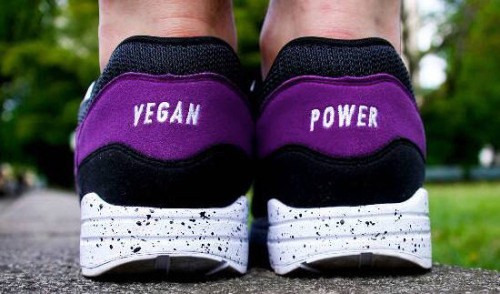

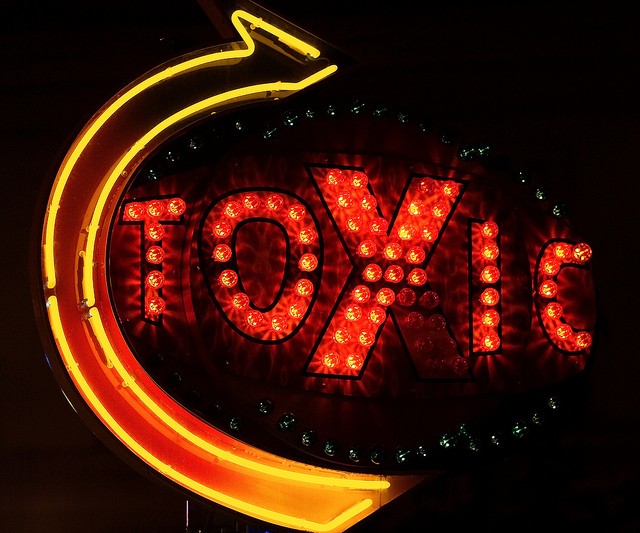
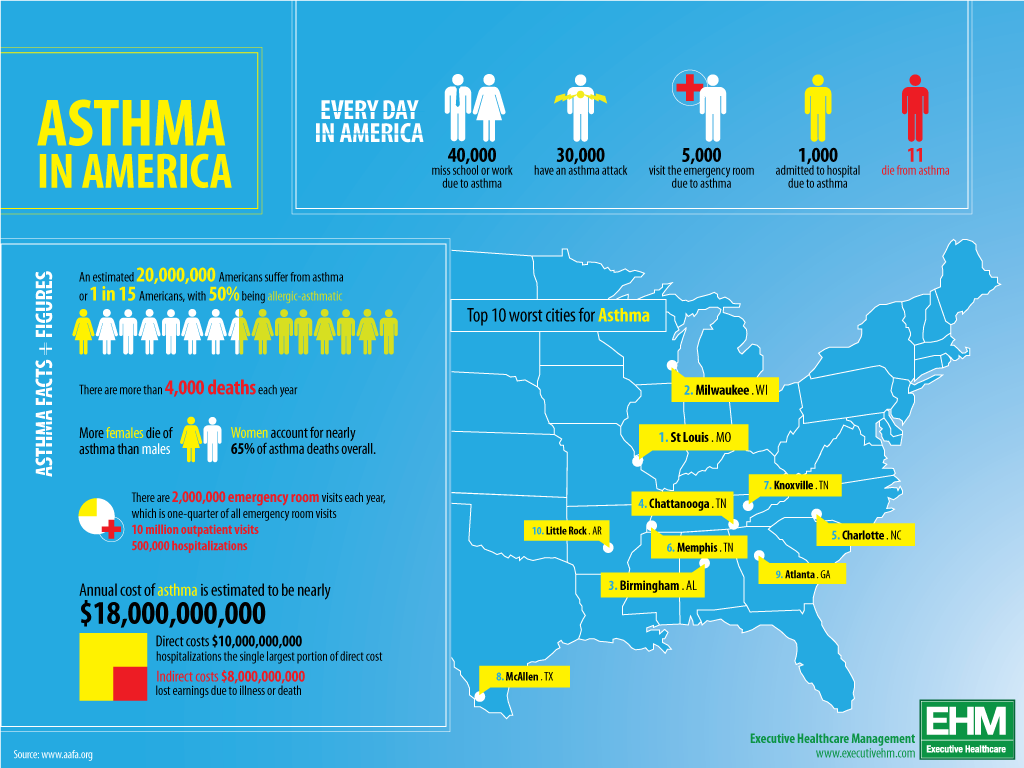
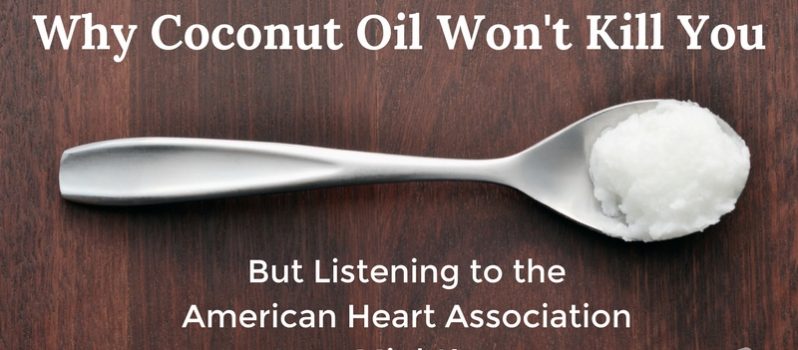
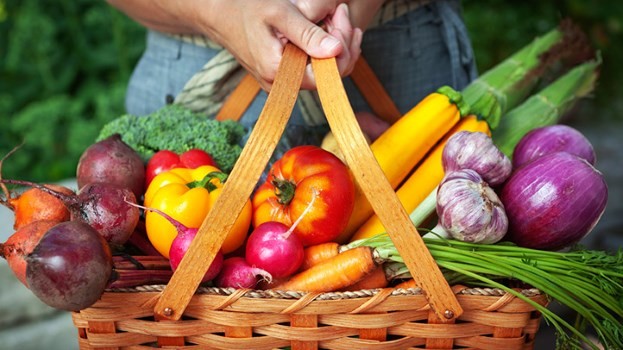
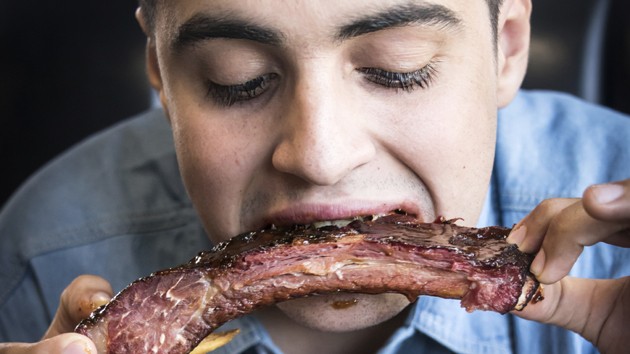
Do you sell these sneakers?
Unfortunately not!
Joseph Rodriguez
A read for later!
Angela Sepulveda
Sarah Jane Lockett
I read most of it. Yeha, i abruptly change things in my life constantly lol i was fixated on the cupcake at the end. Drooling.
Leon Beatty
Shaun Cicala Grandioso
Samantha Alexander
Danielle hope this helps!
Oops. I quit animal products cold turkey. Lol
Me too! I’ve spoken to people that said they want to go vegan, but need to go vegetarian first. I don’t understand why.
One step at a time Shona ☺️ xx
This is about eating plant-based, not being vegan.
As I do this transition I am calling myself a flexitarian! While my diet over the last six months has been 95% plant based, I have given myself some wiggle room. I am a chef so I may never be 100% plant based but all my own purchases reflect my new life style. Finding replacement for some things are challenging, but not impossible. I fe giving myself time an also giving my family and friends time to adjust so I still will ge invited to dinner sets me up for long term success! Thanks for for post.
I think it is better to cut things out gradually, i went veggie (no eggs too) then 2 weeks later vegan, it is a huge adjustment and i would rather people cut things out one by one and actually stay vegan when they do instead of cold turkey everything and having more chance of relapse or quitting! We should all be happy people are making these changes to their lifestyles, even if it takes a little longer to become fully vegan
Starbreeze Hassall
Kassandra Riddick I believe that it boils down to people not wanting to give up specific food items until the last minute.
I am vegan, but struggle with certain things I believe are caused be some type of deficiency. I’ve heard there isn’t a vegan way to get b12 or collagen. Of course I’ve Googled this, but just wondering if there are any suggestions from personal experience. I have been experiencing gout and other arthritic type problems and also, bad cellulite. I have always had some cellulite, but this past year it got so unsightly. I have been vegan about five years or so.
Tina Peters While I’m inclined to agree with you, I would also like to say that some people have to stop altogether. If I hadn’t stopped abruptly, I would have never succeeded. I would have inevitably fallen back into old habits using convenient excuses.
It is about finding what works. I always doing organic coffee with organic milk, lots of milk. So I needed to replace milk there. I tried every organic creamer… the good ones no one in my small community carried. Gradually I used vegan organic cocoa. Now nothing, black. Love it. Six months to get here. It is OK to be gentle. I am a chef with limited work options in a rural community. I still have to cook for others who pay me. I still need to make sure everything taste great! So I will never be 100% but my own choices with purchases of food and clothing and figuring everything out is tricky. Especially sweets… Wow. What a mine field.
Nutritional yeast, marmite, usana vitamins
Will be looking into all these; thanks so much!
Me too and I don’t miss it one bit ;-)!
It’s hard to be Vegan,there are so many things to worry about apart from food. I’ve already nailed the clothing,footwear,makeup,shampoo thing, but the palm oil in everything, that is worrying,especially with dodgy food labelling .
Kim C Densmore-Stefansson are you vegan?
Soy products, miso, seaweed, spirulina, chlorella, fake meats, etc.
Soy products, miso, seaweed, spirulina, chlorella, fake meats, etc.
I use this as well. It’s really great. https://www.amazon.com/Pure-Vegan-B-12-Methlcobalamin-Spray/dp/B0014BA0OA
Tara Crow these are good for gout and cellulite? I am wondering what is a vegan form of B12 and Collagen.
Those are all full of B12.
You could also use this. It’s really good. https://www.amazon.com/Pure-Vegan-B-12-Methlcobalamin-Spray/dp/B0014BA0OA
Tara Crow thank you
And also, lots of soy products help increase the production of collagen. As well as vitamin c, vitamin a, and anthocyanidins, which are in blackberries, blueberries, cherries, and raspberries.
Eating plant-based would be a vegan diet.
A vegan diet is for the animals.
Plant-based is for everything else.
Being vegan is not just about diet.
https://en.m.wikipedia.org/wiki/Plant-based_diet
https://www.vegansociety.com/go-vegan/definition-veganism
I found finding vegan food that I was happy living on first worked for me and you will cut out animal products naturally with no struggle, 2 years ago I went vegetarian and have been compleatly vegan for over 18 months , I still have some leather and wool products but refuse to buy new, I’m still learning but think cutting out all is nearly impossible as it’s hidden in everything. I also only buy products not tested on animals
B12 is in soya products and cereals , Have chocolate soya milk on you cereals in the morning …..nom nom
I hadn’t, thank you (:
Not starting anything, but thought this article might be interesting…
http://saladdodgingvegan.blogspot.co.uk/2014/08/is-palm-oil-vegan.html?m=1
Rebecca Purchard
Xoxox you’re the best